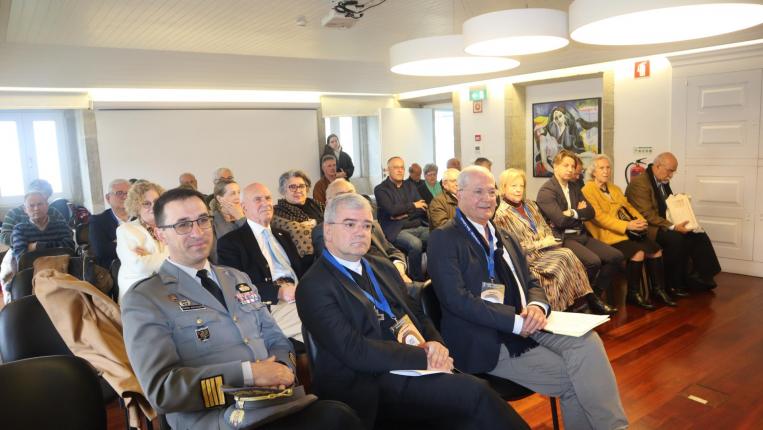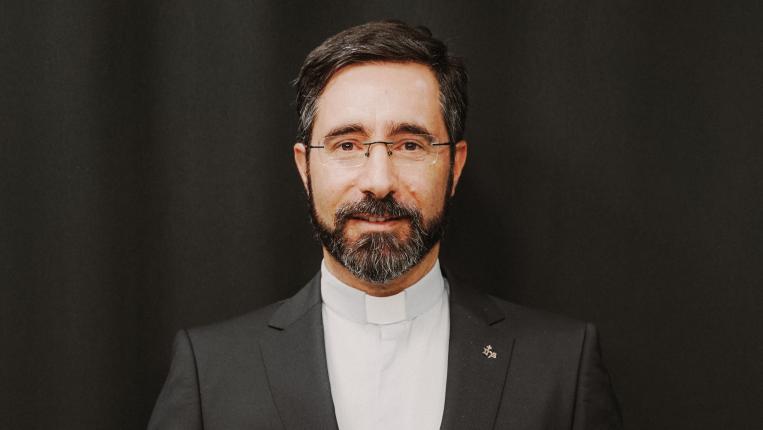Ana Paula Pinto wins João augusto D'Ornelas literary prize with short story ‘Ilhas’
It is in the silence of the Padre Júlia Fragata SJ Library, at the Faculty of Philosophy and Social Sciences of the Portuguese Catholic University - Braga Regional Centre, that Ana Paula Pinto, a lecturer in Classical Languages and PhD in Greek Literature, devotes herself to books and the management of bibliographic collections. But between the art of teaching and the duties of a teacher librarian, there is the space for literary creation - an art whose merit has just been recognised with the short story ‘Ilhas’, winner of the D'Ornelas prize, which focuses on the problem of the degeneration of the human being and mental illness, and will soon be edited, published and disseminated to the general public.
‘It's not really a short story as a traditional action narrative, but rather a set of autobiographical texts in which my father is the central protagonist of the story,’ says the teacher and author of “Ilhas”. It was this set of texts, which revolve around the issue of her father's degenerative illness, persistently resorting to episodes from her childhood and the memories she retains, that Ana Paula Pinto submitted to the literary competition, ‘without great expectations’, but responding to an inner impulse that whispered in her ear to have the courage to expose her writing to the criticism of a specialised jury.
‘‘Ilhas’ is basically a collection of my memories of the final phase of my father's life, when he suffered from an unnamed dementia, the Alzheimer's spectrum,’ says the award-winning author.
‘Unfortunately, the end of my father's life was a contrast to his entire history as a shipbuilder... and it was indeed a very difficult phase for the whole family to follow and live through, but despite everything, he at least had the care of his closest family members.’ Her father's situation makes her more alert and sensitive to all those who, unable to enjoy the comfort of the nest, only have institutionalisation as an answer. ‘As excellent as the social response is, it's very different, especially for an elderly person, to be institutionalised or to have the possibility of being in their own home and under the daily care of their family,’ she stresses.






